Generally, there are only two conditions that affect the service life of door and window glass: humid air and high temperature.
The lifespan of Tempered Glass
Physical tempering is heating the glass and then cooling, changing the structure between the molecules inside the glass; chemical tempering is the ion exchange of the molecular structure of the glass surface at high temperatures; both methods permanently change the microstructure of the glass material. Therefore, unless there is a high temperature and strong chemical action, the properties of tempering will not decay or change with time under normal use.
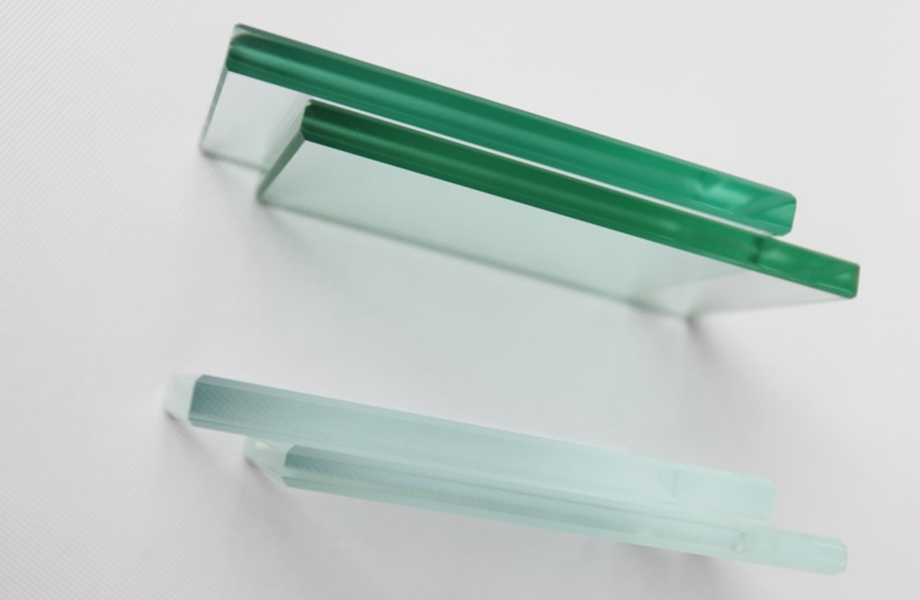
Insulating glass is a combination product composed of the glass substrate, interval frame (aluminum strip), desiccant (molecular sieve), and sealing material (butyl glue, poly sulfur glue, or structural glue). In the composition of insulated glass, glass and aluminum frames are usually very stable, and the life of insulated glass depends on the life of the molecular sieve and sealing material.
Due to the change in ambient temperature, the gas in the hollow cavity is always in the state of expansion or compression, which makes the insulating glass sealing system always in a state of stress. At the same time, the ultraviolet ray, water, and moisture in the environment will accelerate the aging of the sealing system, which will lead to the acceleration of water vapor into the hollow cavity.
.jpg)
When there is a large amount of water vapor in the insulated glass cavity, the insulated glass has failed, and the failure of the insulated glass means the end of the service life of the insulated glass. The key to ensuring that the insulating glass does not fail is the desiccant and sealing material.
As for the life of the insulating glass, the earliest Chinese glass enterprises gave the concept of a 10-year warranty period according to the American standard. In the national standard for insulating glass GB/T11944-2012, the first reference agreement on the life of the insulating glass, the "the expected life of insulating glass should be greater than 15 years" concept.
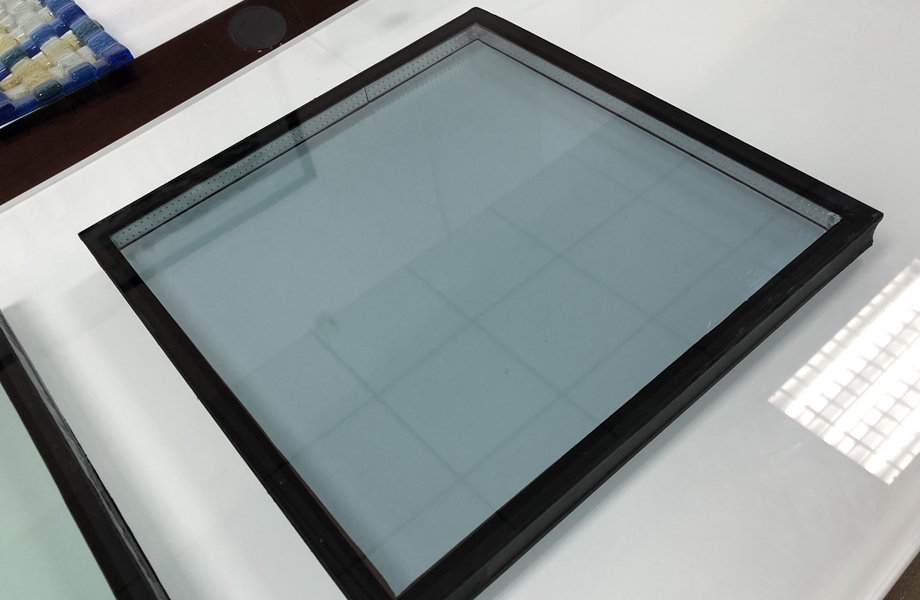
The life of the insulating glass and insulating glass material selection, and processing technology have a close relationship, but also by the insulating glass layout composition, the use of many factors such as the environment, simple quantification is difficult. For the insulating glass that has been installed on the wall, the simpler measure is the dew point or spacer air humidity.
The lifespan of Low-E Glass
The life of Low-E glass mainly depends on the life of the hollow sealing system where it is located. We know that the main component material of the Low-E membrane layer is the silver layer compound. The silver layer in Low-E is relatively active, but its oxidation requires water vapor. Therefore, as long as the insulating glass does not fail, the life of the Low-E glass is not considered separately.
Service life of laminated glass
0853.jpg)
Laminated glass is a composite glass product in which one or more layers of organic polymer interlayer are sandwiched between two pieces of glass, and after process treatment, the glass and interlayer are permanently bonded as one. Laminated glass in the case of glass even broken fragments will be glued to the film, effectively preventing the occurrence of debris lacerations and penetration of falling events, ensuring personal safety. The life of laminated glass mainly depends on the material of the interlayer of the laminated layer.
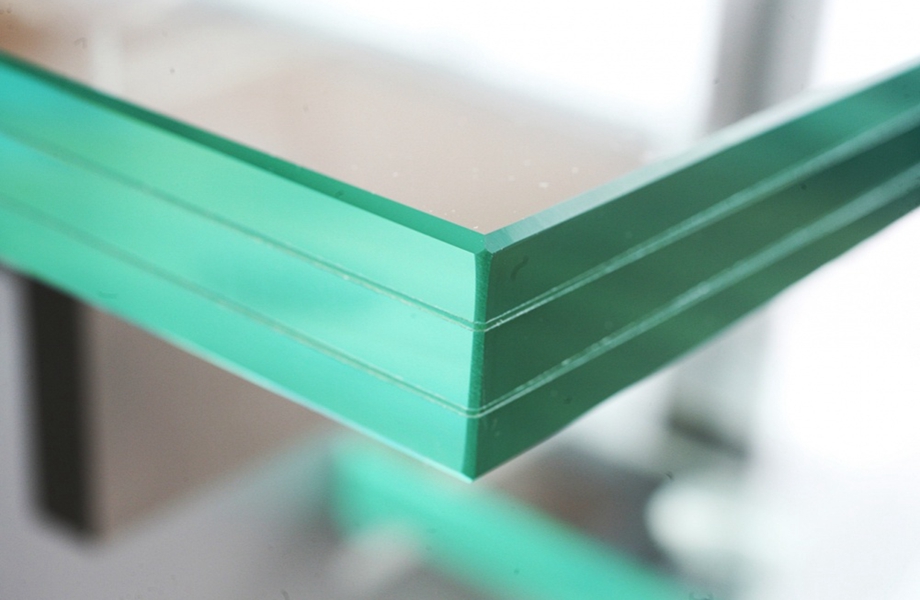
Normally, wet laminated glass and EVA laminated glass are mainly used for indoor partitions, not for building doors and windows or curtain walls. Wet laminated glass will accelerate its aging under sunlight, and will turn yellow after 1-2 years, and debonding bubbles, ice flowers, and fogging will start to appear one after another in 2-3 years. Generally speaking, the aging rate of wet laminated glass is much faster than that of EVA laminated glass, which can have a life span of more than 10 years when used indoors without direct sunlight.


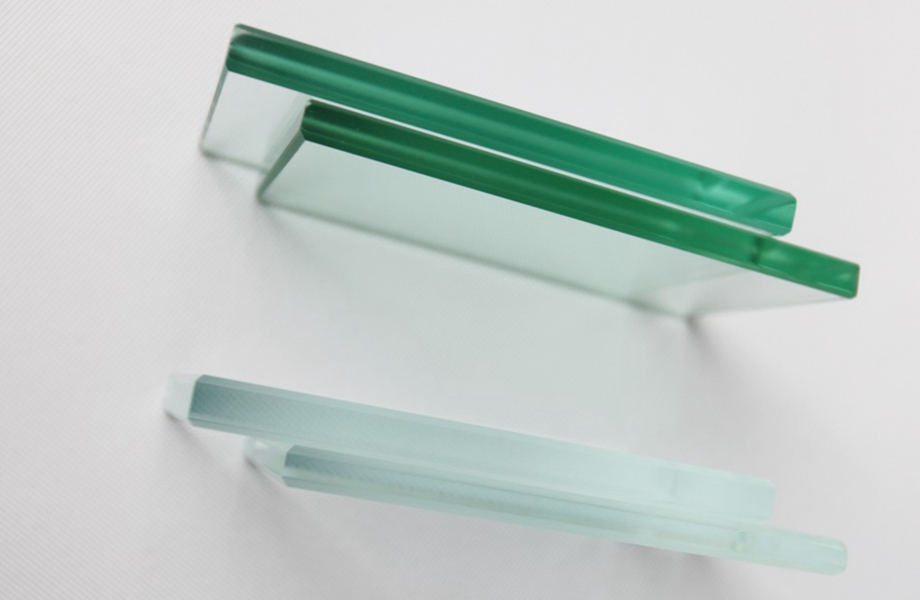

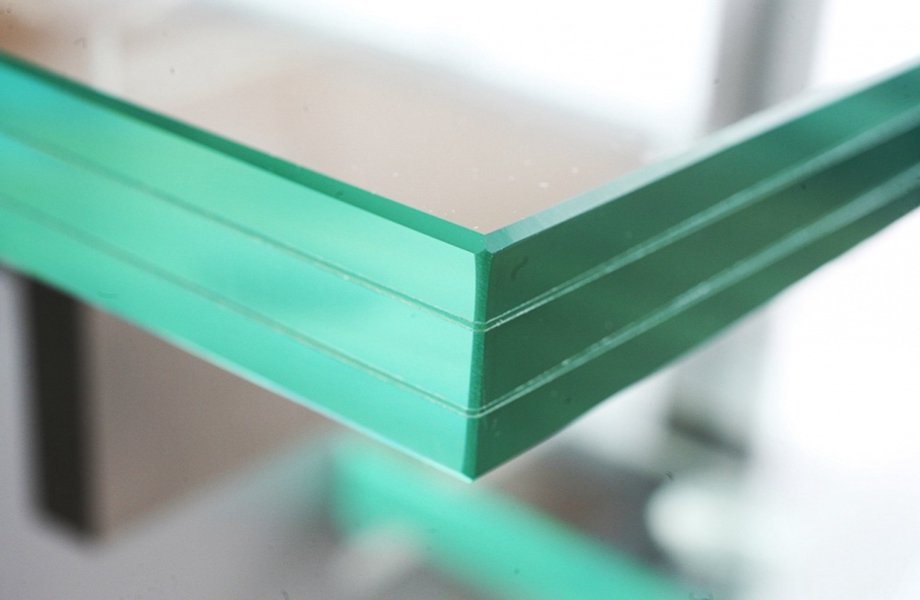

2651.jpg)
6526.jpg)
.jpg)


.jpg)
.jpg)
.png)
.png)
.png)
.jpg)
.jpg)